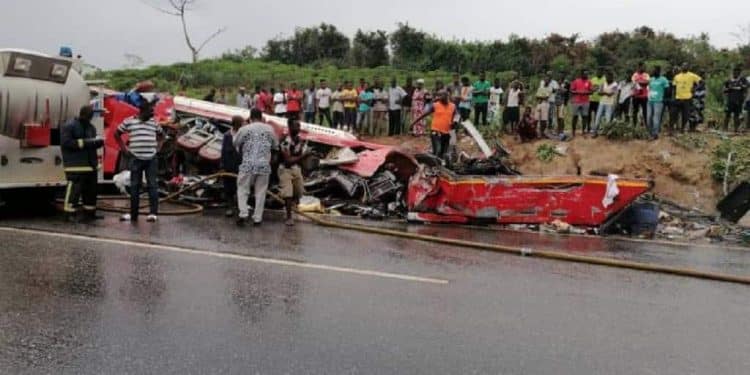The World Health Organization (WHO) has emphasized the urgent need for Ghana and other African countries to implement comprehensive policies and measures to reduce road crashes, injuries, and deaths by half by 2030, in line with Sustainable Development Goal (SDG) Target 3.6. The WHO’s call to action includes:
- Promoting Sustainable Transportation Systems: Encouraging the use of safer, more sustainable modes of transport, such as cycling and walking, and integrating these into national transport strategies.
- Improving Legislative Road Safety Frameworks: Strengthening traffic laws to address key risk factors like speeding, drink-driving, and the non-use of helmets, seatbelts, and child restraints.
- Investing in Data Management Systems: Developing robust systems for collecting, analyzing, and utilizing road safety data to inform policy decisions and measure progress.
- Enhancing Post-Crash Response: Ensuring that there are adequate pre-hospital care, emergency care, and rehabilitation services available to victims of road crashes.
- Conducting Targeted Research: Focusing on research that addresses the unique road safety challenges faced by African countries.
These recommendations were outlined in the WHO’s 2023 status report on road safety in the African region, which was launched in Nairobi, Kenya. The report highlights Africa as an epicenter of road crash deaths, accounting for 20% of global road crash fatalities despite having only 15% of the world’s population and 3% of its vehicles.
Key findings from the report include:
- Increase in Road Traffic Deaths: Deaths from road crashes in Africa rose by 17% from 2010 to 2021, while global rates fell by 5%.
- Vulnerable Road Users: Males aged 15-64 years are the primary victims, with motorcyclists, cyclists, and pedestrians being the most affected.
- Inadequate Road Safety Laws: No African country meets best practice standards for the five key road safety risk factors.
- Limited Investment in Alternative Transport: Only 13% of countries have national strategies to promote walking or cycling.
- Poor Post-Crash Care Services: Less than one-third of African countries have adequate post-crash care services.
Dr. Matshidiso Moeti, the WHO Regional Director for Africa, stressed the serious public health concern posed by road crashes and reiterated the WHO’s commitment to supporting African countries in making their roads safer.
Abdourahmane Diallo, the WHO representative in Kenya, emphasized the need for African countries to revamp transport infrastructure, retrain motorists, and promote safety education targeting all road users to effectively reduce the burden of road accidents.
Source: ghmediahub

